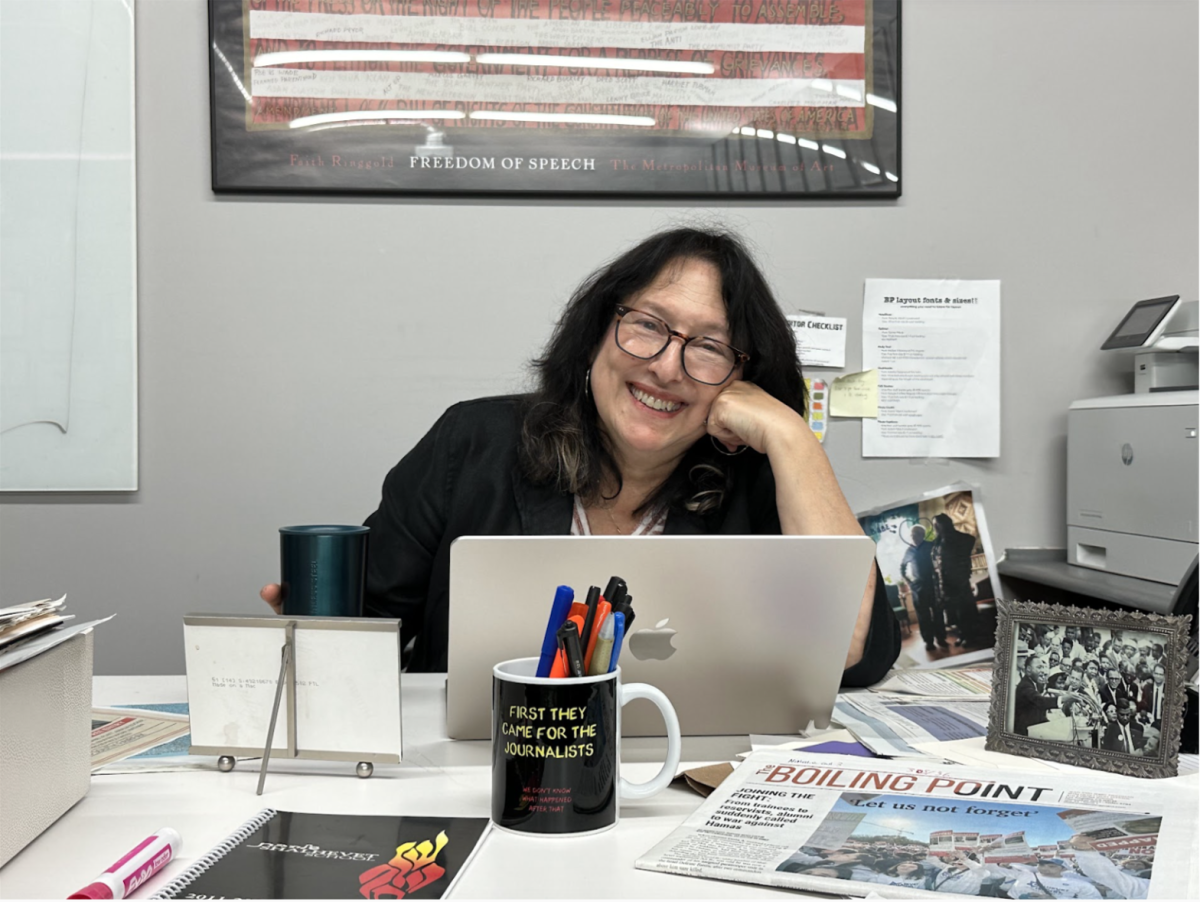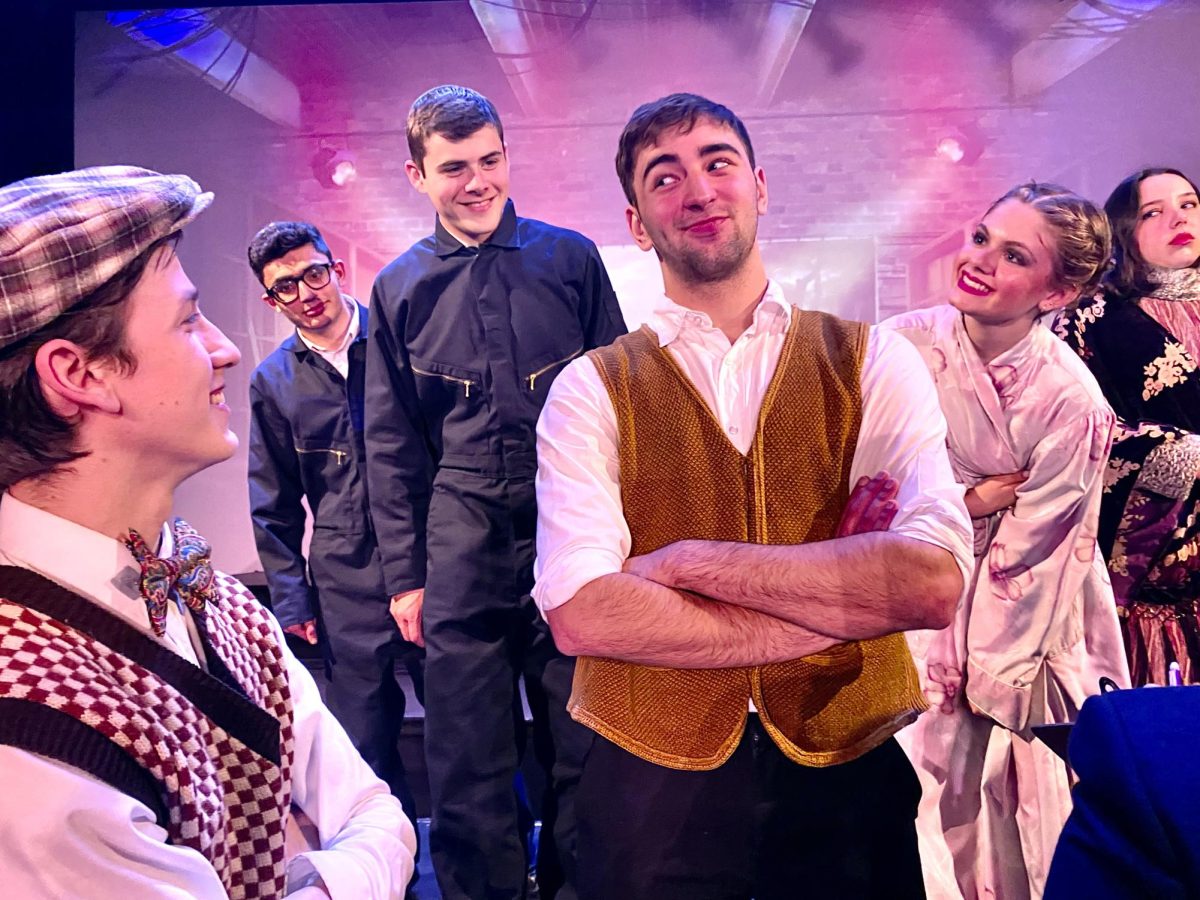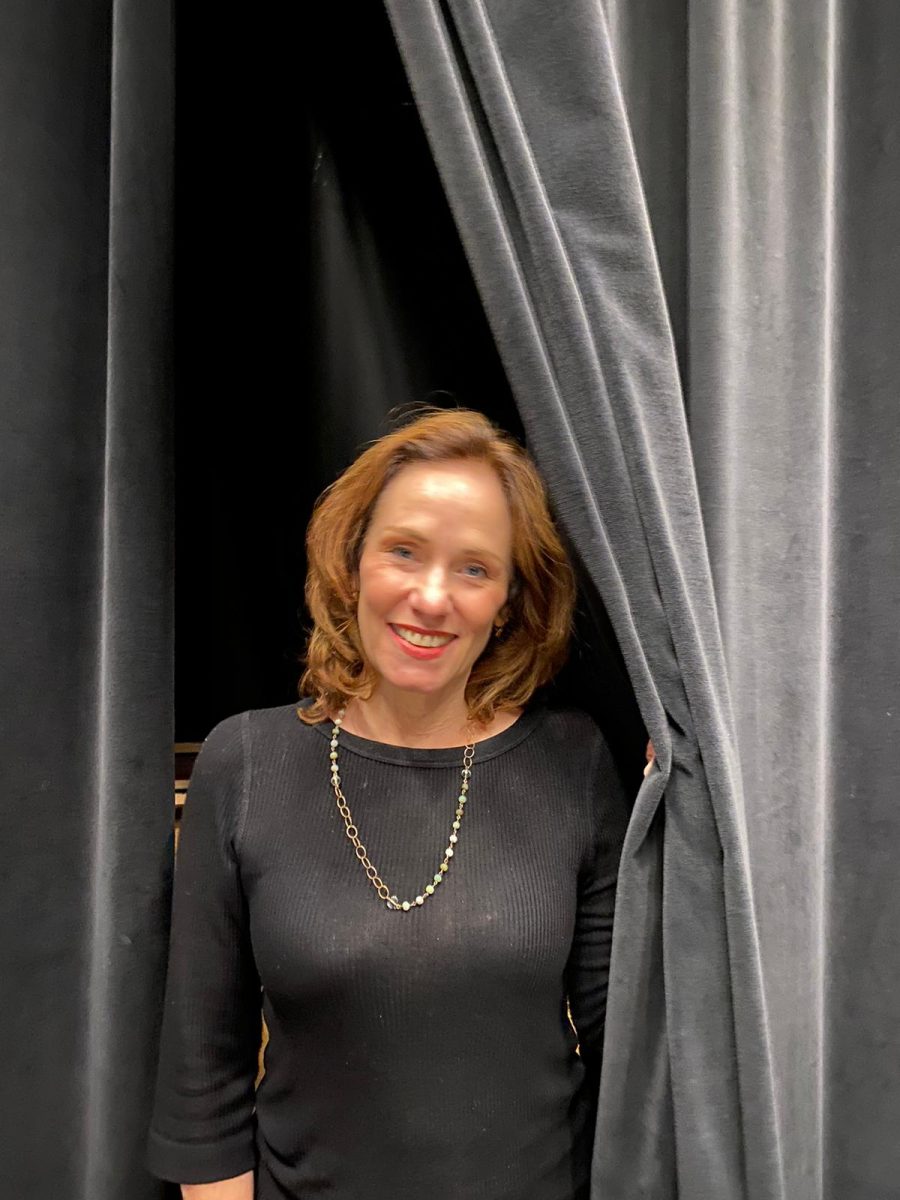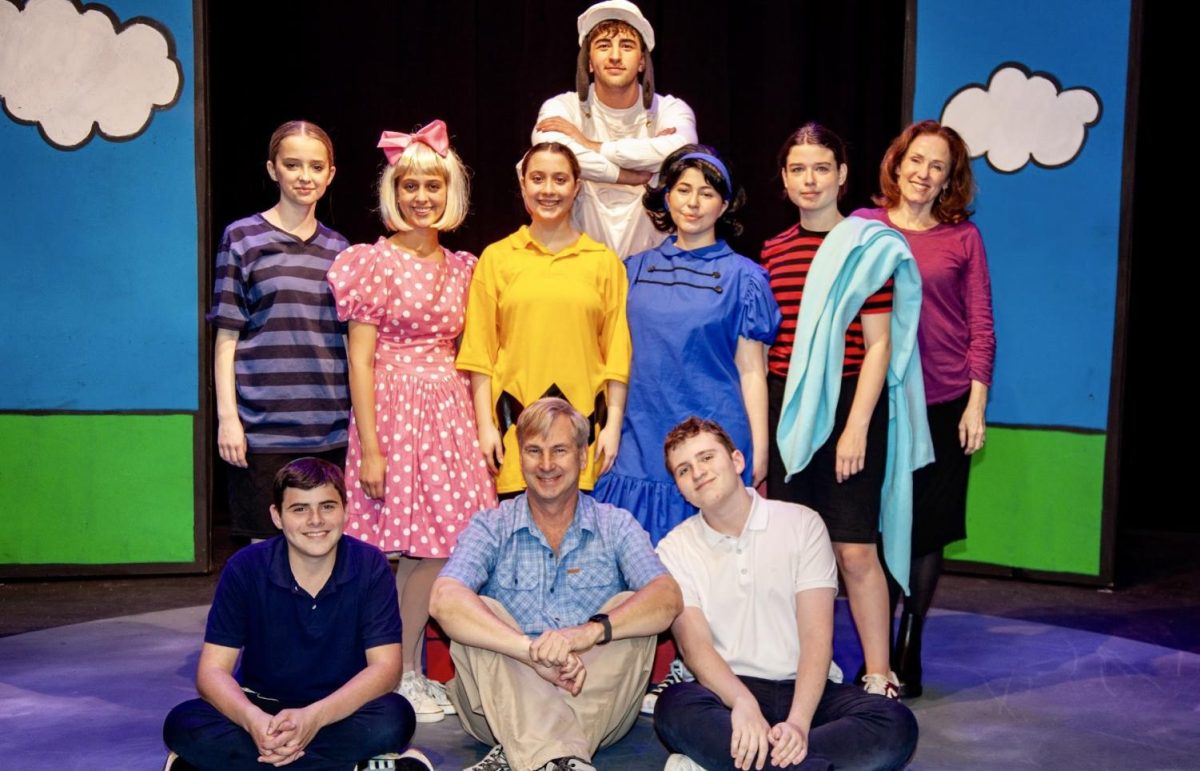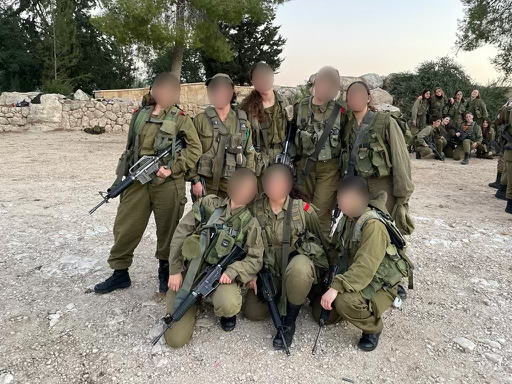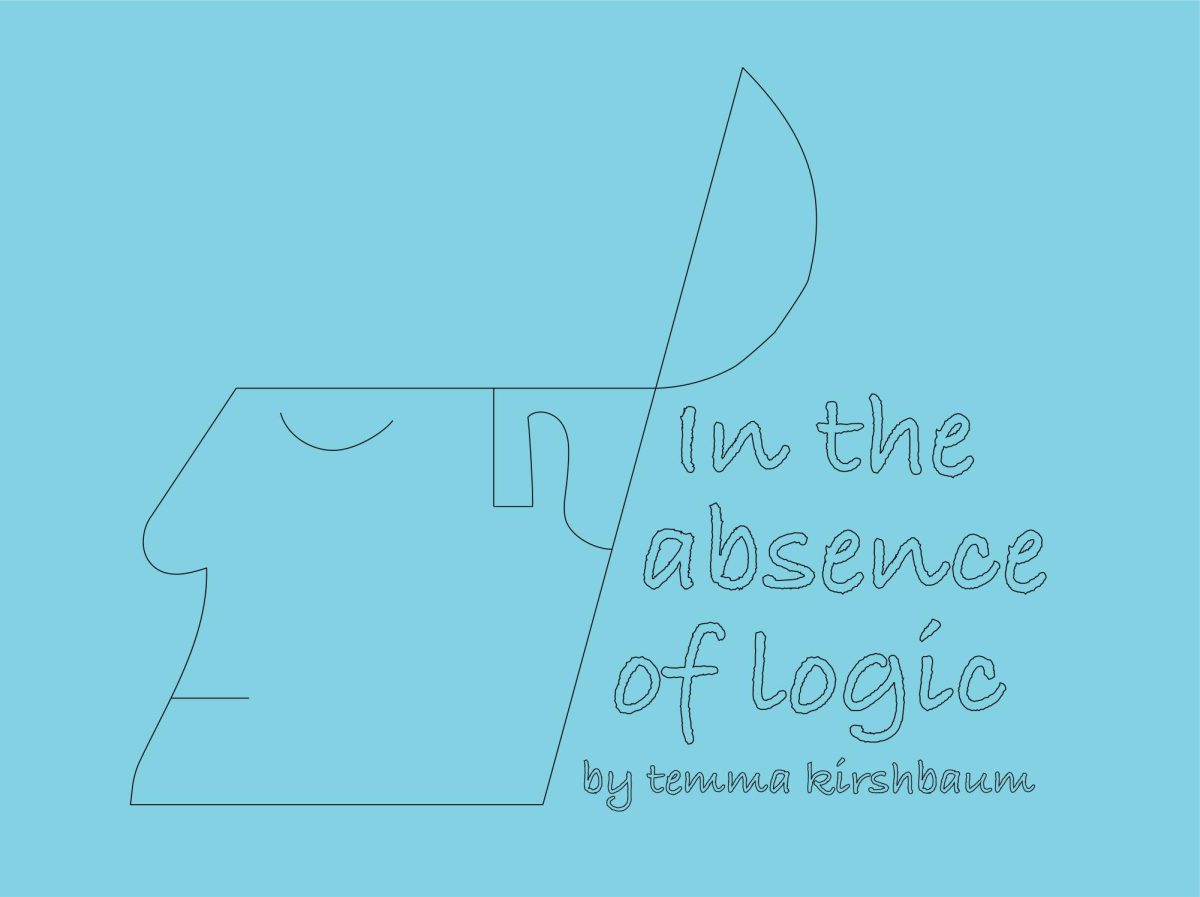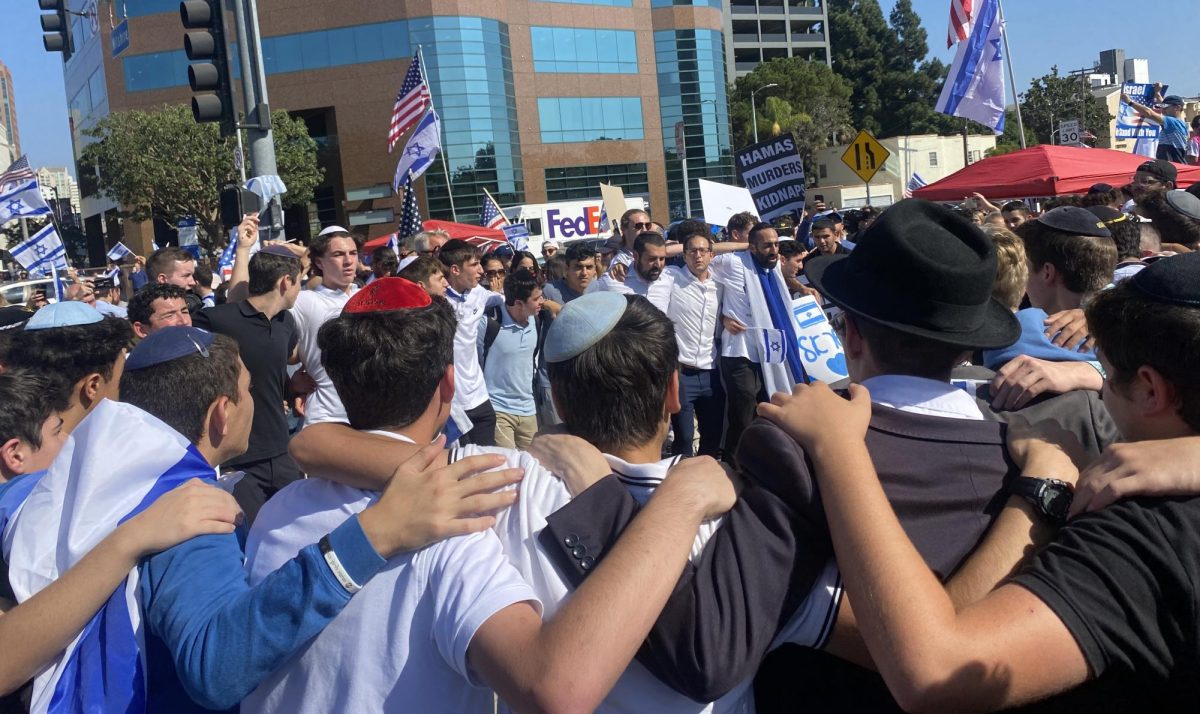This story is a National Winner in the Features Story category of Quill and Scroll’s 2012 International Writing and Photo Contest, judged by the American Society of News Editors.
Innuendos, fluttering eyelashes and sweetly spoken backhanded insults are familiar to all teenagers, even on a stage with actors dressed in 19th-century gowns and feathered bonnets. Shalhevet Drama’s production of Pride and Prejudice was a natural fit for a teen audience, not only onstage but also backstage, in the preparation that took place this semester in rehearsal.
Along with familiar themes of family and romance, deliberately exploited throughout the process were parallels to life in traditional Judaism, such as boys and girls not touching — being shomer negiah, that is – and courtships involving matches similar to shidduchim.
“The fact that it’s so old and proper fits with modern Orthodoxy,” said senior Leona Fallas, who plays the beautiful Jane Bennet in the play. “It was kind of easy to make it a shomer negiah play because there wasn’t so much touching.”
Pride and Prejudice was first a novel, written by Jane Austen in 1813 and later adapted into a play and two movies. Set in 19th-century rural England, it follows Elizabeth Bennet, Jane’s younger sister, as she deals with the pressures of social norms, reputation, class hierarchy, and – at the top of her mother’s list – finding a husband.
The small and gossip-filled community in which the Bennet family resides parallels traditional Jewish communities and Shalhevet itself, where students often complain that they live in a “bubble.”
“As in Orthodox culture, it’s [the play’s setting is] a very small community,” said Drama director Ms. Emily Chase. “There are only about five cute guys each year [that come to the town], so when a new one comes along it’s very exciting.”
The play revolves around issue of marriage, and the pressure on the Bennet sisters to marry young. Yet it could also have been about the custom in Orthodox Jewish communities for girls to marry at a young age, and offers stereotypes that could be said to resemble over-involved Jewish mothers.
“My character is very crazy and loud,” said junior Leah Glouberman, who plays Mrs. Bennet. “Sometimes I can be like that. I like how she’s not afraid to voice her opinion and will do anything for her daughters.”
Senior Talia Rotenberg calls Mrs. Gardiner, one of the characters she plays, “the Jewish yenta. or busybody.
“She’s very cocky, interested in playing the matchmaker,” Talia said. “I can relate to how she wants to take care of everyone and set people up. She’s the typical Jewish crazy aunt.”
In formal country dances from the time period, couples danced with handkerchiefs, making it easier to keep the play shomer nagiah.
“We talked about how the dating of the early 19th century would actually be pretty familiar to frum [strict] Orthodox people,” said Ms. Chase, “and Shalhevet kids would have better insight than a lot of kids in secular schools because of emphasis on early marriage and on a limited pool of suitable mates.”
To keep things relatable, during rehearsal girls were told to act flirty and boys are told to strut with the air of Navy Seals or James Bond as they learned the etiquette of the play’s time.
But the cast learned a few new things, too, such as how to properly bow, curtsy and act pleasantly surprised when a man recognizes a girl’s name. In the play, girls allow themselves to be chaperoned everywhere by men and even a question as simple as “How was London?” can indicate matrimonial interest.
At one rehearsal, Ms. Chase instructed alumnus Emilio Lari ’11, who returned in a guest appearance as Officer George Wickham, in how to carry himself formally yet courteously by standing up straight and touching the side of his hat when greeting someone.
“Have you seen soldiers? Think of [actor] Daniel Craig, James Bond,” she said.
Although Shalhevet students aren’t at the marriage stage yet, they face similar issues as the play’s characters, both as teenagers in 2011 and as part of a Modern Orthodox community. Sophomore Rachel Kenner argued that although society’s social expectations aren’t as extreme today, people’s actions are still dictated by social pressures.
“I think about how all the time we want to do something but we can’t because we’re scared of society’s judgment,” said Rachel, who played three minor male characters. “’Am I talking to the right people? Am I living up to everyone’s expectations?’”
Universal themes like love, reputation and family loyalty also made the play timeless and connected it to modern day.
“The romantic scenes are timeless,” said senior Leah Katz, who plays Mr. Collins, a suitor of Elizabeth. “It’s a play about wacky family dynamics and betrayal and doing the best you can in a messed-up world. Lydia runs off with a scumbag. They [the family] say ‘our honor is ruined.’ These are real people.”
Students found ways to get into character on and off the set, and all agreed that speaking in the British accent they adopted in the play helped.
“She’s a huge nerd,” said sophomore Maya Ben Shushan of Mary, the spinster sister who doesn’t want to marry at all. “My lines are hysterical. She’s very socially awkward, and sometimes I might be.”
“Jane smiles to everyone and doesn’t show anyone special attention,” said Leona. “Everyone feels like they’re close to her. When Mr. Bingley starts falling in love with her no one can tell she likes him – she’s very reserved.”
“I try to be nice to everyone and be positive and smiling,” she added, “but I don’t think I’ve ever liked a boy and had them not know it.”
Students also managed to connect to characters that had very different personalities than their own.
“He’s admirably sleezy,” senior Leah Katz said of her character Mr. Collins, who proposes to Elizabeth in order to inherit the Bennets’ estate. She explained that she’s “suddenly a ridiculous person” when she steps on stage.
Sophomore Annie Asch found it challenging to relate to Kitty, another Bennet daughter, who wants to copy her slutty older sister Lidya. “I have to find her mindset and take hold of that and totally overdo that,” said Annie.
Ms. Chase said that the actors worked to deliver their characters well – and better, in at least one case, than the professionals who have made not one but two movies based on this same script.
“Rachel Friedman has done a really good job trying to figure out how she can be headstrong and independent without feeling too contemporary,” Ms. Chase said. “That is something Keira Knightly did not display well in the movie.”
And she added that despite the many parallels, there are still differences that can’t be reconciled between now and Jane Austen’s time — among them, how quickly people get married after meeting.
“I don’t think you can have that emotional jump today,” she said. “They don’t get to text.”


